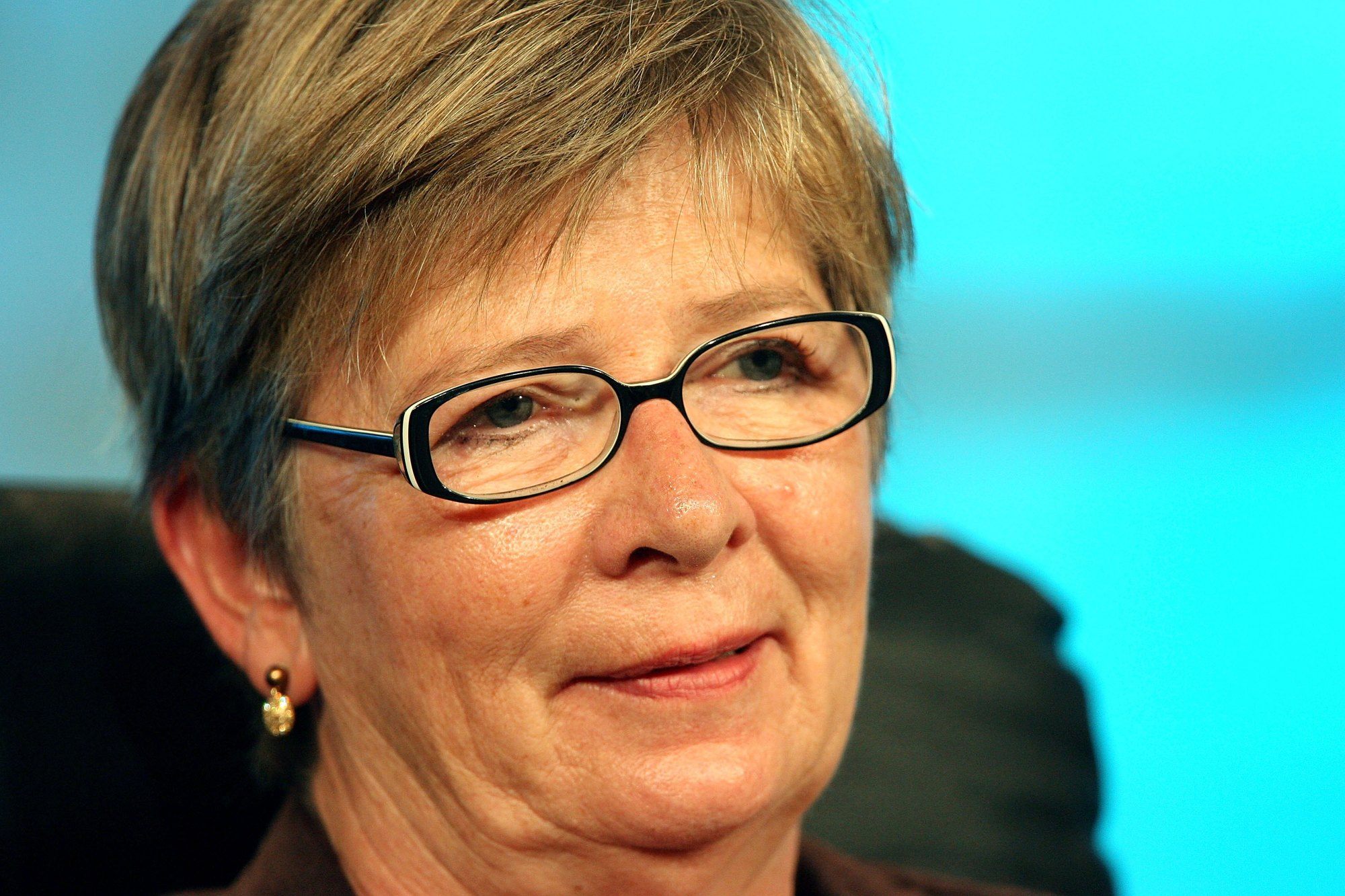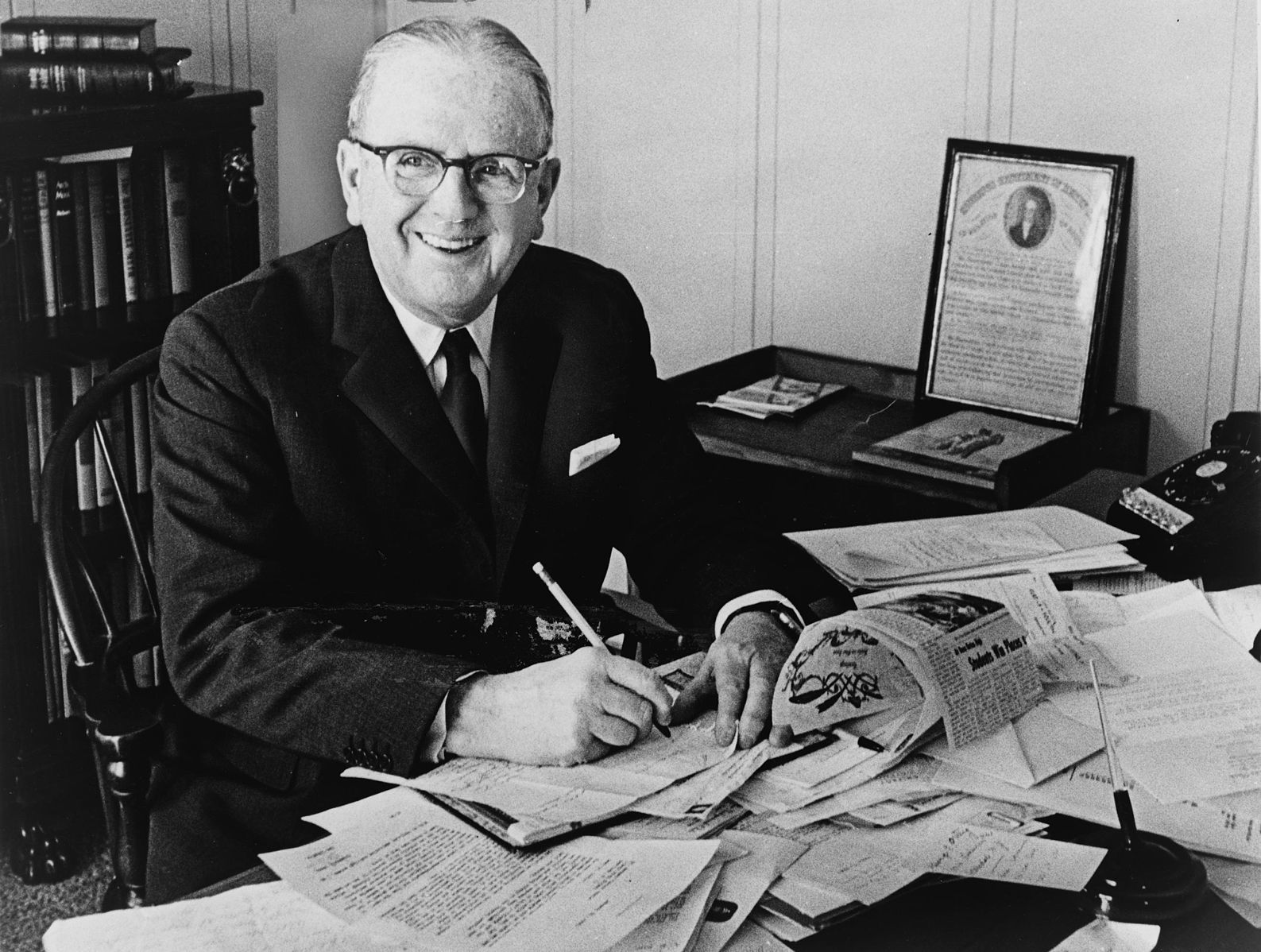Trump is one of the most enthusiastic proponents of the positive thinking brigade (Photo by Chip Somodevilla/Getty Images)

I broke off from reading Oliver Kamm’s top-ten list of optimists feeling thoroughly depressed. Optimism usually has that effect on me. Nothing can make me feel like dashing my brains out against the nearest rock than the grinning, upbeat, evangelical of progress; dripping in the snake oil of numbers and studies, telling us all that we have never had it so good.
Forget the fact that we now use over three times as many antidepressants as we did when Tony Blair first came to power in 1997[1. ‘Record number of antidepressants prescribed…‘, The Guardian, 29 June, 2017], there are still those who are humming along to that tired old D:ream anthem that heralded Blair’s victory: ‘Things can only get better’. And look how that turned out.
Oliver Kamm’s ‘optimism’ is political, of course. In his head, science, liberalism, capitalism and progress form an unassailable pact, driving the human race inexorably onwards from ignorance and poverty towards knowledge and wealth. It is the dream of the 18th century Enlightenment, but it is also one that borrows heavily – though usually without acknowledgement – from religious ideas about history having some sort of in-built direction. Here, for instance, is a hymn that we often sing in church:
God is working his purpose out,
as year succeeds to year,
God is working his purpose out,
and the time is drawing near;
nearer and nearer draws the time,
the time that shall surely be,
when the earth shall be filled with the glory of God
as the waters cover the sea[2. ‘God is working his purpose out’, Arthur Campbell Ainger, 1894].
Neo-liberal optimism is a secularised version of precisely this philosophy of history. And, as an underlying assumption, it allows neo-liberals to depict those who oppose their philosophy as not just disagreeing with them, but also of standing in the way of history itself – as though such people are involved in a conspiracy against the very nature of things.
It is no coincidence that those most associated with this ideology of progress are also those who were among the loudest cheerleaders of the Iraq war, for instance. For if the project of continual progress is to keep on advancing, then those who stand in its way must be destroyed. That is why Islam is often depicted by neo-liberals as ‘medieval’. To those who believe in constant progress, ‘living in the past’ almost constitutes some sort of moral objection, and certainly as something to be overcome. And here is the source of the real danger of this philosophy of history.
The 20th century was littered with the corpses of those who were deemed to oppose progress. For both Communism and Nazism were influenced by this hideous Enlightenment d:ream, employing pseudo-scientific rationalism as justification for their brutality.
In 2010, the American author and socialist Barbara Ehrenreich published ‘Smile or Die: How Positive Thinking fooled America and the World’. She explains that the book was a reaction to the ideology of positive thinking that was being applied to people who were “downsized from the corporate world”, those who were told that being sacked wasn’t bad; that it was a “growth opportunity”; that they will come out of it stronger if only they had the right attitude.

This is where the oppressive nature of ‘smile or die’ optimism kicks in. Its message is basically this: “Put on a smiley face and don’t complain”. In other words, if you don’t find a job – indeed, if you don’t become a millionaire, says the American d:ream – it’s really your fault because you have set yourself against the very nature of things.
In 1952, Norman Vincent Peale published his book ‘The Power of Positive Thinking’. It was 186 weeks on the New York Times best-seller list and sold five million copies. And it was to the Marble Collegiate church on Fifth Avenue, where the Reverend Norman Peale was the Lead Pastor, that the Trump family went for Sunday worship and spiritual guidance. Norman Peale’s “believe in yourself” philosophy found the perfect student in young Donald.

Rule one, writes Peale: “Formulate and staple indelibly on your mind a mental picture of yourself succeeding” and keep this picture before your mind’s eye “no matter how badly things seem to be going”. In other words, just tell yourself things are going well, even if they are not. At the very least, here is a philosophy of optimistic self-deception that is terrifying as the basis of a world-view for the President of the United States of America[3. ‘The Power of Donald Trump’s Positive Thinking‘, Politico, 13 October, 2017]. Not just narcissistic but, worse: delusional.
Under the aegis of metaphysical optimism and positive thinking, we can convince ourselves that the climate is doing absolutely fine and nuclear weapons are just for keeping the peace. From this perspective, it matters not that robots have started to take our jobs and that weapons will soon have a mind of their own. Stay positive. Things can only get better.
Instead of listening for the wisdom in these words, and indeed the opportunity in them, the vanguard forces of the Enlightenment d:ream look on death as just another problem to be solved. And the deus ex machina of technology will one day address even this central feature of the human predicament, they predict. One day we will be able to upload our consciousness into software – or something like that. We will become trans-human, better than human, almost mini-gods.
Pah. All is vanity. And striving after wind.










Join the discussion
Join like minded readers that support our journalism by becoming a paid subscriber
To join the discussion in the comments, become a paid subscriber.
Join like minded readers that support our journalism, read unlimited articles and enjoy other subscriber-only benefits.
Subscribe